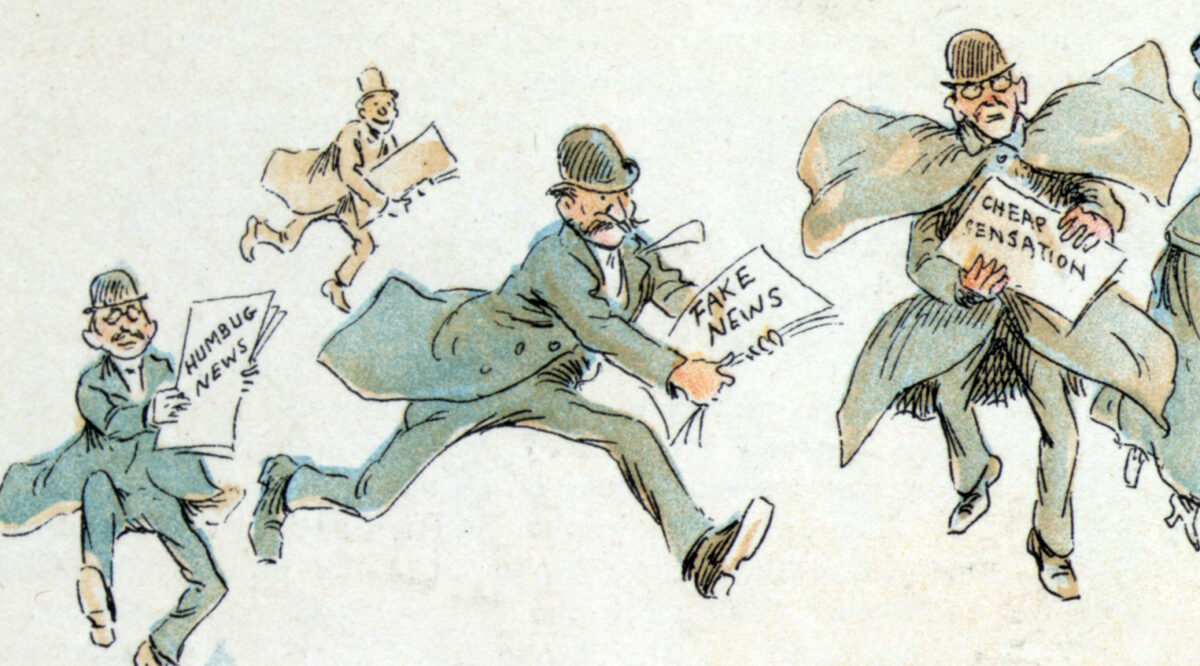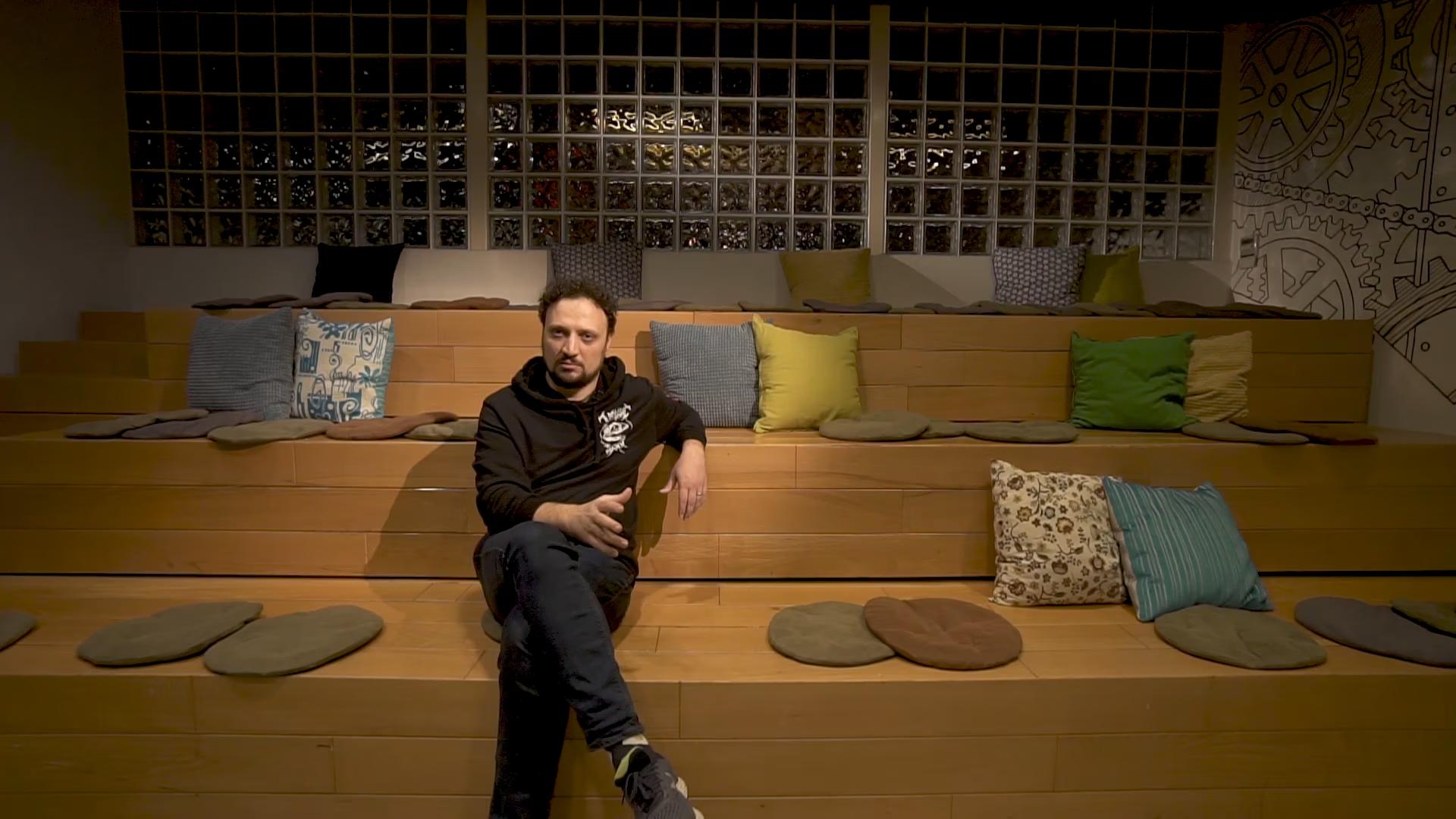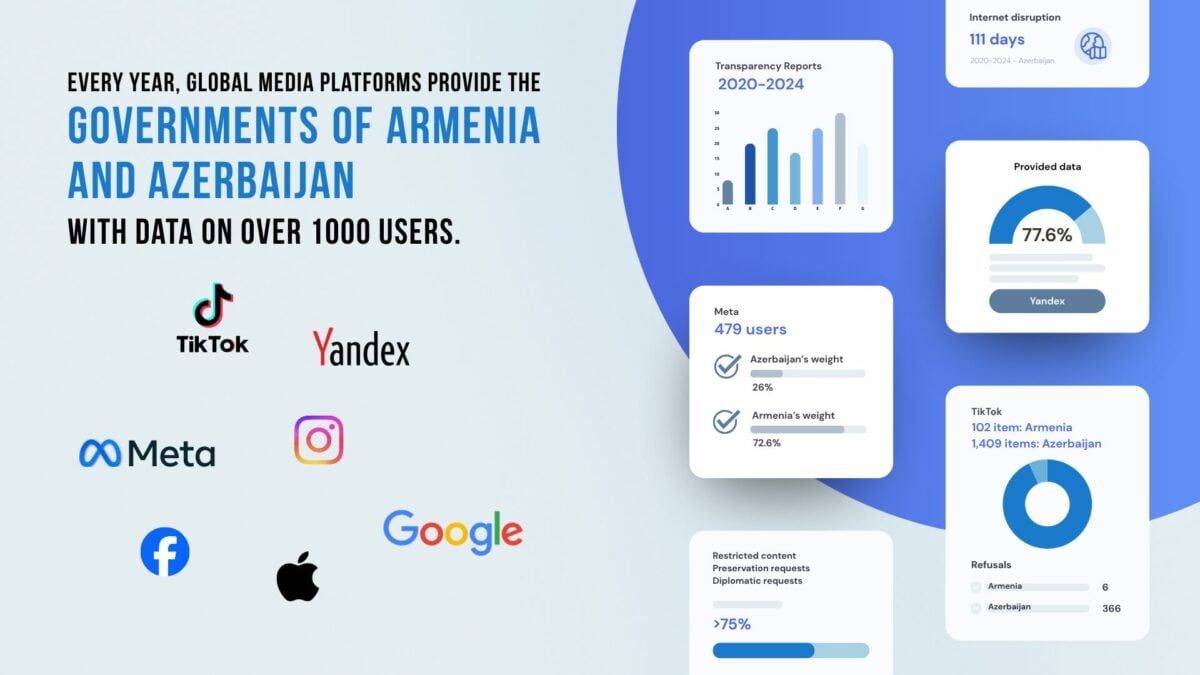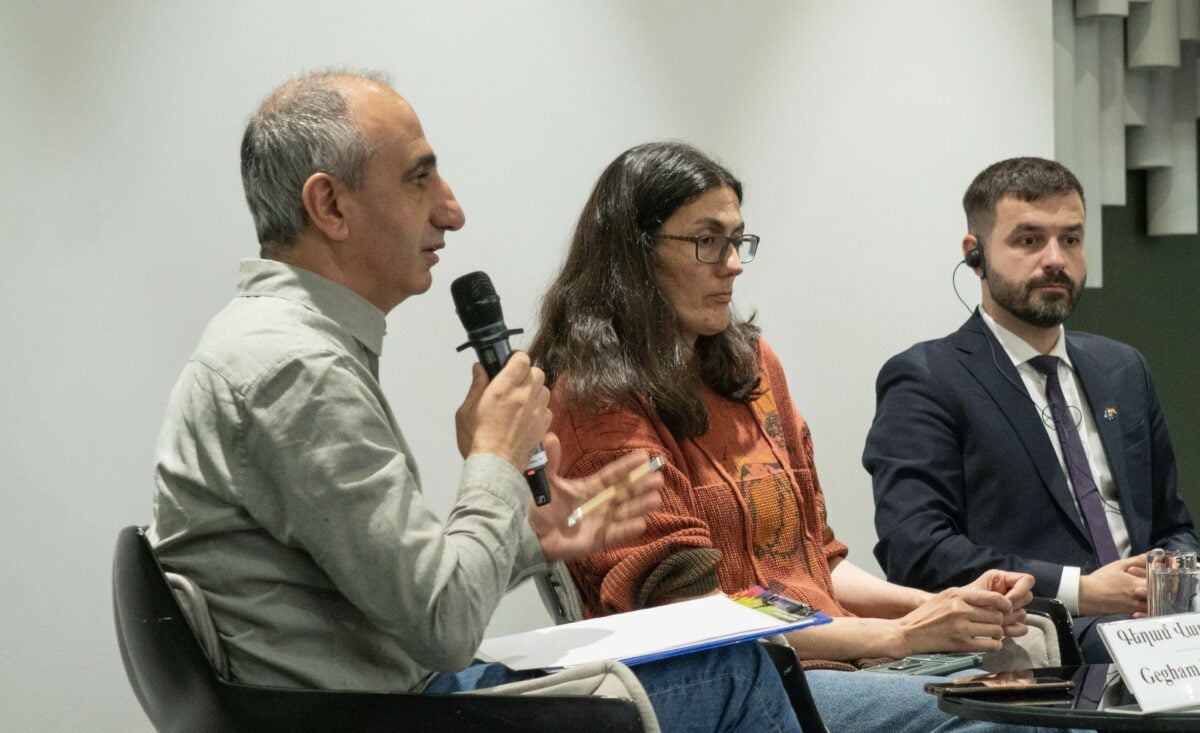The campaign will officially launch on November 26, during which 11 political forces and alliances will monitor the audience through media and by media as an electorate.
It is natural to expect that the media, trying to become a platform for the campaign, will try to maintain balance, that is to say, keep the audience as a supreme value during the campaign, which receives information and campaign in equal shares, but without manipulation.
The audience is more valuable than the electorate. And more fragile. If you only see it as a target consumer of the campaign, you will definitely lose it.
These days there will be a lot of campaigning, and the news will be less, because either on purpose or not, the whole news outlet will be regarded as a part of the campaign.
The difference between the campaign and media is the perception of the role of the audience. In one case, the audience is just a tool, and in the other case, a diligently built goal.
The media is addressed to the contemplative person, and campaigners to the vote, which you are not persuaded to think about but convinced to give.
There are different ways to convince. Generally it can be rude (with black and white PR, leaks, accusations or shocking articles).
The practice of convincing can be more subtle.
There are some tricks to influence the audience, which are worth remembering before the campaign. Among the classic manipulative steps are those that play on the anxieties and fears of the audience, and propagate to take immediate actions, or at least, to respond harshly.
It is less credible when the news material tries to force you to quickly and unconditionally make a decision, assuring you that the only correct step is to act now.
The basis is subconscious fears, which, by playing on them, pushes us to proceed quickly.
Let’s say, if we don’t stand against this or that phenomenon or person (vote for or not vote for) we will have losses. As a rule, losses are presented as abstractions for example, we can lose what it means to be Armenian, Christian values, centuries-old culture, and ultimately, the homeland.
For example, the presence of foreigners in Armenia might be exploited (the Indians have taken over the city, the Persians have become more and more, and soon there will be no place for true Armenians, the counter-revolutionaries are so influential that our future is endangered, or LGBT people are a danger for children (they threaten the Armenian family, the state’s stability, and the presence of God).
In that case, the news resembles an alarm and doesn’t provide a perspective image, rather a temporary effect.
As if the news outlet and the journalist doesn’t trust that we can analyze information and make decisions on our own, but they put forward a ready-made action model, and further rebuke that if you do not follow their suggestions, then we are bad citizens (Armenians, patriots, not white, but black).
Campaigners can also reach this goal in this way.
Making the topic of the day a non-existing or expired event that is revived in a new context.
For example, that’s what happened with the circulation of news articles on the taxation of remissions, where the main manipulation was to make a bet on the emotional reactions of the audience (protect your pockets and don’t allow that your meager but hard earned money be added to the state’s budget). There was no opportunity to get informed, instead there was an attempt to exploit the fear.
Such an in your face approach was adopted especially by the previous authorities. For example, the subject of being a warring country was always brought up (the biggest fear), behind which social, educational, transportation and other issues were pushed to the background.
For example, news that Nikol Pashinyan’s wife Anna Hakobyan, Departed For Artik by helicopter, which “shocked and angered residents of Artik” as a result, was built on the fear that the impunity of the political elite will continue. That news was later denied, but there will be much more news like this in the future.
Eventually, we live in an environment where the most important thing is not the facts, but the way they are presented. Rationality isn’t important, rather emotion.
The event is presented in such a way that the result is left unknown.
For example, they can say that a team or department has discussed and proposed, then found solutions which are aimed at improving the situation.
Those suggestions and solutions can be wonderful, but the point is that they say nothing to the audience.
Don’t look for the words “discussed” and “suggested solutions,” but assurances of the actions already taken, “accepted,” “signed,” “declared.”
People are not accustomed to perceiving the news in future tense, that which is told them is inadvertently gets the significance of fact.
So, the important thing is the grammar of the news. The news can be viewed as a sentence, which has a subordinate, predictive, supplemental and verb words. The complementary and subordinate should be in their place, not taking opposite roles.
Campaign materials do not assume continuity, and important topics encourage continuity.
And if you are being told about any sensational event, look for its continuation and branching. Often, if there is not continuation, the hot news was not hot at all. Or it was a one day tide, not of public importance.
The news outlet will not miss the chance to create a chain of events. The same is true for the campaigner, but not the weaker ones.
If the news outlet focuses on its audience, they probably won’t, for instance, publish an article with a title like “Arsen Torosyan Is Living And Working In Fear.”
This title, which was copied by other media outlets, was a one-day fad and had the goal to make readers afraid that the minister was living in fear. It seems that there is a continuous chain when another similar news appeared about the RA Minister of Health. “Minister, Who Works While Taking Drugs, Can Arsen Torosyan Work Under These Overwhelming Conditions?”
But this was more of an attempt to create an empty agenda, rather than to discover an ongoing issue.
Generally, serious and ongoing investigations are the immunity of the media, which protects them from the temptation of turning into a quickly consumed, sensational platform. It is also a chance to get out of the burden of campaign materials and from falling into traps.
News messages of having no alternatives are traps.
Of course, the situation created in Armenia at the end of 2018 is exceptional. The political force, with great support (and love), still has no alternative.
But it would be good to remember that all bad things begin with the lack of alternative mental structures. RPA and Serzh Sargsyan were also presented as being indispensable, and we saw the consequences for both ourselves, for the Republican Party of Armenia and for Serzh Sargsyan.
Now, the Civil Contract, with its new composition, is indispensable. And that is fraught with small and large traps.
When the joy of having prospects is opened, messages about irreplaceable power are not enough.
Discussions and debates about perspectives are more valuable, which are rare (mostly speaking about overcoming, purifying, and updating the past or accepting past mistakes).
The ability to see alternatives in the future without focusing on fears is an expensive product in the media field. There was no such alternative during the rule of the RPA, and the demand for it was inherited by the CC, which is forced to be the guarantor of the existence of an alternative.
Ultimately, it already has a large electorate, it simply needs to meet the expectations of a thoughtful and concerned audience.
Not to fall into the trap of wanting to be the only one.
Nune Hakhverdyan







